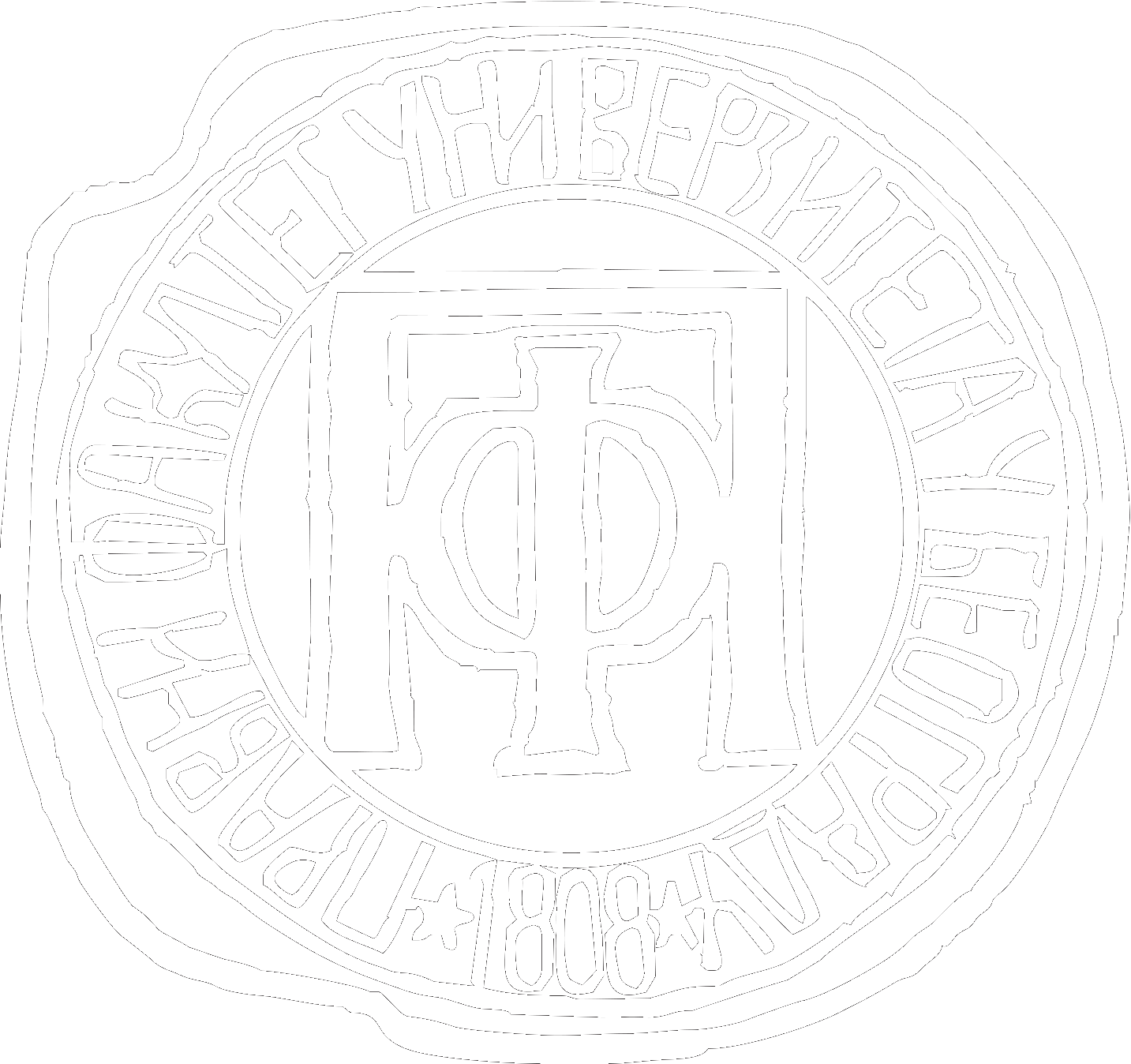Justification and limits of the necessity in criminal law
DOI:
https://doi.org/10.5937/crimen2202134SKeywords:
necessity in criminal law; justification; limits of necessity; grounds for exclusion of unlawfulnessAbstract
The main conclusion of the paper is that the issue of the legitimacy of extreme necessity as a basis for excluding unlawfulnesss has not been satisfactorily resolved. When it comes to the solution in the criminal law of Serbia, there is a serious deficit in terms of the legitimacy of the extreme necessity as a basis for the exclusion of unlawfulness, especially in the case when the threatened good and the one sacrificed are of the same value. Therefore, the prevailing interest theory cannot justify the existing solution. On the other hand, requiring the condition that the person invoking the extreme necessity did not cause danger (which is the specificity of that solution in CC of Serbia), to some extent facilitates solving the complex problem of justifying extreme necessity as a basis for excluding unlawfulnesss unlawfulnesss. Discussing the issue of justification, one should start from two approaches that dominate the theory of criminal law: the principle of predominant interest and the principle of solidarity. Those two principles are not so different that they could not be considered as one principle. Moreover, the principle of solidarity if it is based on the principle of predominant interest provides additional justification and persuasiveness. However, solidarity in a situation of extreme necessity must be of a limited nature, and therefore one can speak of the principle of limited solidarity, which is based on the principle of predominant interest. First of all, solidarity must be limited by the value of goods, ie. it can be expected from individuals (or imposed on them through legal norms) only when one sacrifices one's own good of lesser value in order to save someone else's good of greater value (by no means of the same value). Nor can it be expected that someone will sacrifice his own life, even if it would remove the danger from the lives of several people. The scope of solidarity, no matter how it is understood, cannot reach those limits. Furthermore, it is also limited by the fact that solidarity cannot be expected by the one who is responsible for creating the danger, so in this respect the solution from the CC of Serbia is in accordance with the principle of limited solidarity. Solidarity can justify the sacrifice of the goods of others, which legally narrows the limits of their free action. Nevertheless, it still remains an open question whether solidarity means that others voluntarily accept to sacrifice their goods (of lesser value) in order to save one's good (voluntariness could be based not only on altruism, but also on the expectation that the same will be done for apply to them if they find themselves in a situation of danger), or is it a legally imposed solidarity. Problems related to the legitimacy of extreme necessity as a basis for excluding unlawfulness are also significant for the interpretation of certain conditions for its application. The absence of a convincing justification of extreme necessity as a basis for excluding illegality should result not only in prescribing strict conditions for its existence, but it should also be reflected in its application.
Downloads
References
Babić, M. 1987. Krajnja nužda u krivičnom pravu. Banja Luka.
Đokić, I. 2007. "Krajnja nužda u Krivičnom zakoniku." Bilten Okružnog suda u Beogradu 76.
Engländer, A. 2011. "Die Pflicht zur Notwehrhilfe." In Strafrecht als Scientia Universalis, edited by C. Roxin, vol. 1. De Gruyter. https://doi.org/10.1515/9783110255287.657
Fabrizy, E.E. 2002. Strafgesetzbuch, Kurzkommentar. Wien.
Fiandaca, G., and E. Musco. 2007. Diritto penale, Parte generale. 5th ed. Bologna.
Fischer, Th. 2020. Strafgesetzbuch und Nebengesetze. 67th ed. München.
Frister, H. 2015. Strafrecht. Allgemeiner Teil. 7th ed. München.
Hegel, G. W. F. 1833. Grundlinien der Philosophie des Rechts. Berlin.
Hruschka, J. 1983. Strafrecht nach logisch-analytischer Methode. Berlin-New York.
Kant, I. 1797. Die Metaphysik der Sitten, Anhang zur Einleitung in die Rechtslehre, II Das Notrecht. Königsberg.
Kühl, K. 2017. Strafrecht AT. 8th ed. München. https://doi.org/10.15358/9783800655748
Kühl, K. 2001. Die Bedeutung der Rechtsphilosophie für das Strafrecht. Baden-Baden. https://doi.org/10.5771/9783748902409
Manzini, V. 1961. Trattato di diritto penale italiano. Vol. 2. 4th ed. Torino.
Marinucci, G., and E. Dolcini. 2006. Manuale di Diritto Penale. Parte generale. 2nd ed. Milano.
Neumann, U. 2005. In Strafgesetzbuch, NomosKommentar. 2nd ed.
Perron, W. 2010. "Rechtfertigender Notstand." In Schoenke/Schroeder, Strafgesetzbuch, Kommentar. 28th ed. München.
Roxin, C. 2006. Strafrecht, Allgemeiner Teil. Vol. 1. 4th ed. München.
Roxin, C., and L. Greco. 2020. Strafrecht. Allgemeiner Teil. 5th ed. München.
Seelman, K. 2007. In Strafrecht I, Basler Kommentar. 2nd ed.
Srzentić, N., and A. Stajić. 1968. Krivično pravo. 5th ed. Sarajevo.
Stajić, A. 1978. In Komentar Krivičnog zakona SFRJ, edited by N. Srzentić. Beograd.
Stojanović, Z. 2011. "Odnos krajnje nužde sa nužnom odbranom." Revija za kriminologiju i krivično pravo 2–3.
Stojanović, Z. 2022. Komentar KZ. 12th ed. Beograd.
Stojanović, Z. 2022. Krivično pravo, Opšti deo. 28th ed. Beograd.
Schnabel, A., and U. Tranow. 20. "Zur Einleitung: Grenzziehungen der Solidarität." Berliner Journal für Soziologie. Online published October 28.
Tahović, J. 1956. Komentar Krivičnog zakonika. Beograd.
Vasiljević, J. 2019. "(Nova) razmišljanja o solidarnosti: od etike zajedništva do političkog principa zajednice." In Feministička teorija je za sve, edited by Zaharijević and Lončarević. Institut za filozofiju i društvenu teoriju and Fakultet političkih nauka, Beograd.
Vuković, I. 2021. Krivično pravo. Opšti deo. Beograd.
Ziemann, S. 2014. "Moral über Bord? Über das Notrecht von Schiffbrüchigen und das Los der Schiffsjungen, Der Kriminalfall Regina v. Dudley and Stephens (Mignonette-Fall)." Zeitschrift für Internationale Strafrechtsdogmatik 10.
Živanović, T. 1961. "Nužna odbrana kao jedno od čovečjih prava i položaj ovog prava u sistemu subjektivnih prava." In Glas Odeljenja društvenih nauka SANU, CCXLVI. Beograd.

Downloads
Published
How to Cite
Issue
Section
License
Copyright (c) 2022 Zoran Stojanović

This work is licensed under a Creative Commons Attribution 4.0 International License.
The authors retain copyright and grant the journal the right of first publication, allowing others to share the work with proper attribution to the authors and acknowledgment of its original publication in this journal.










